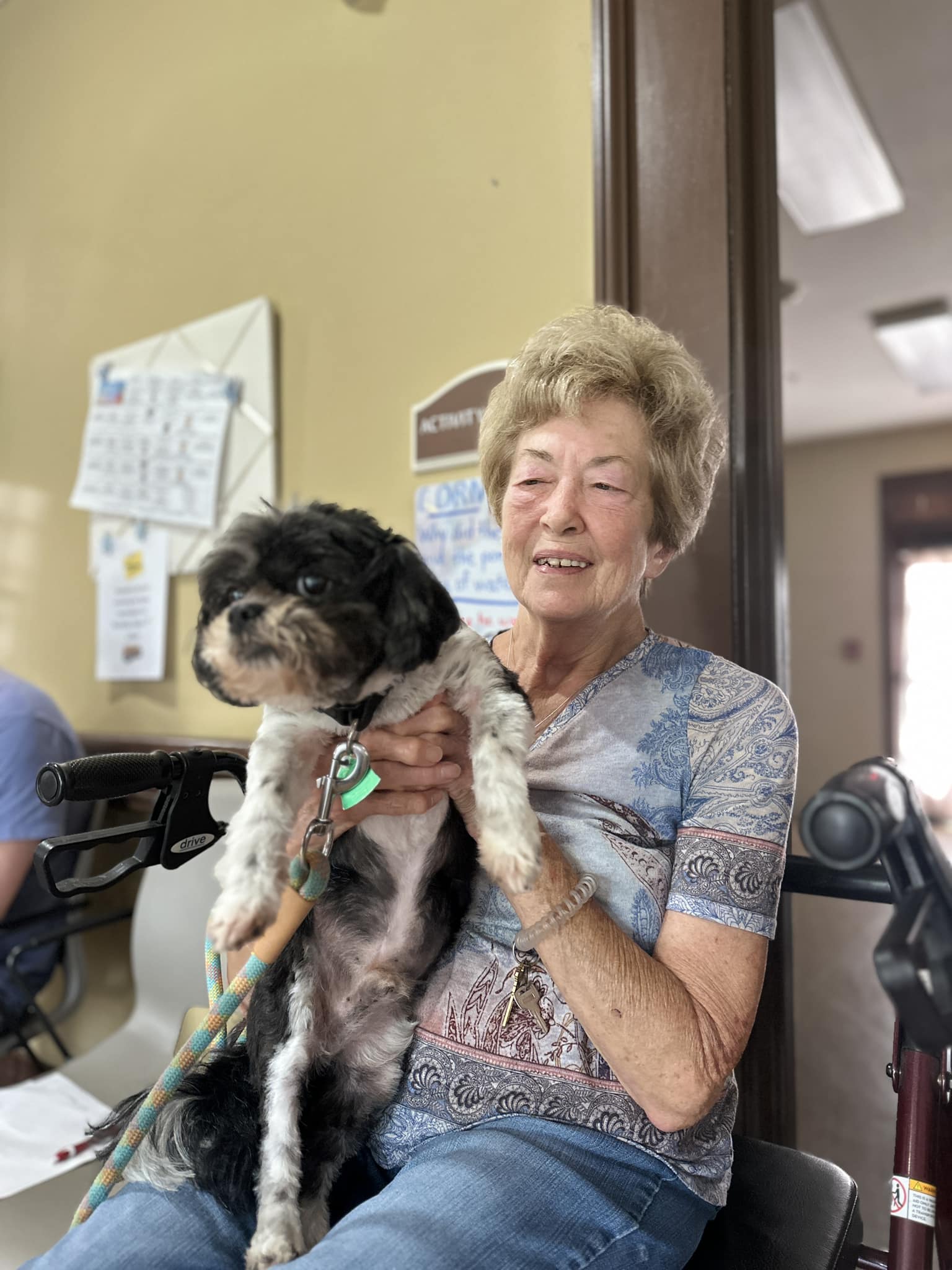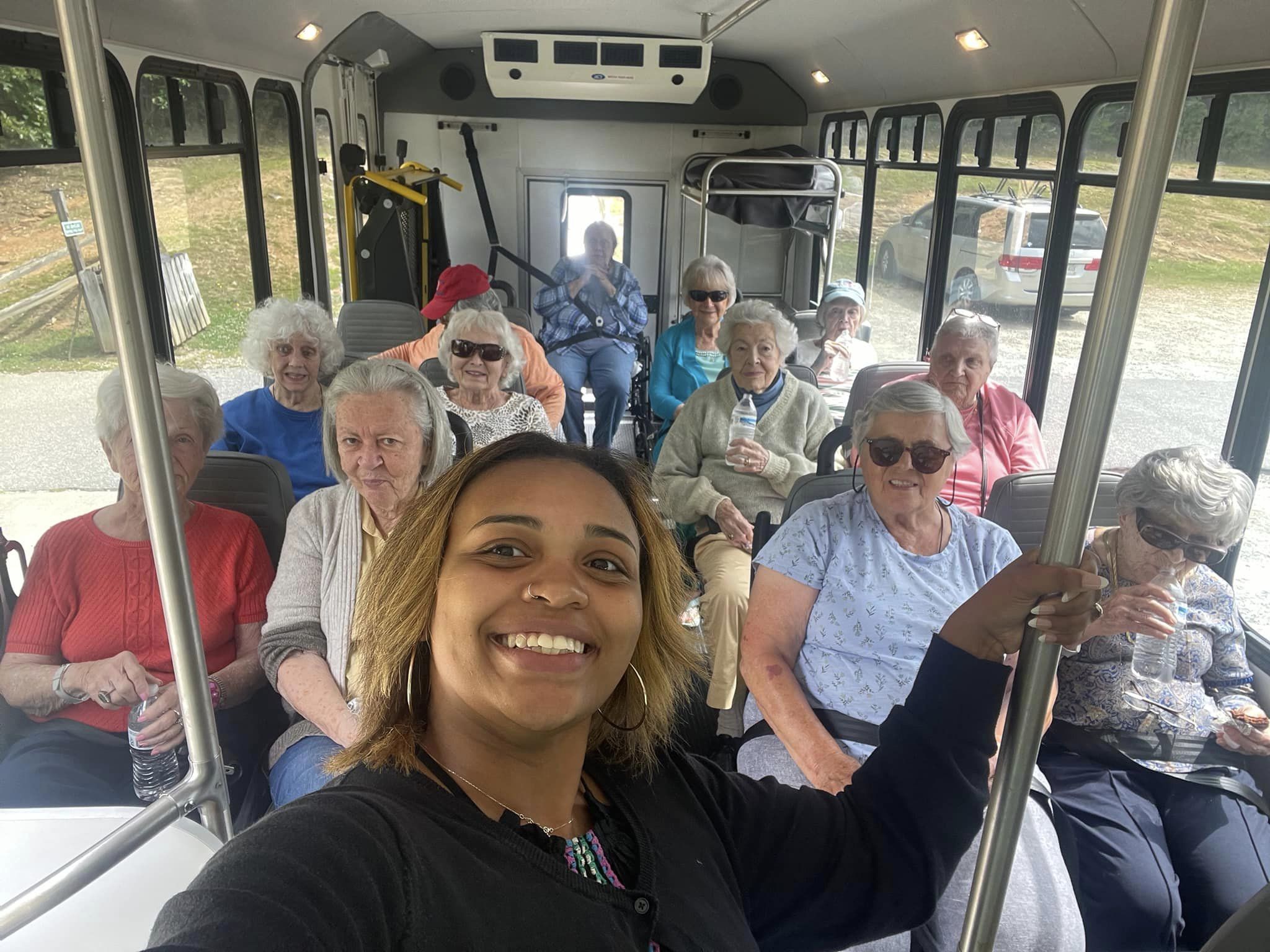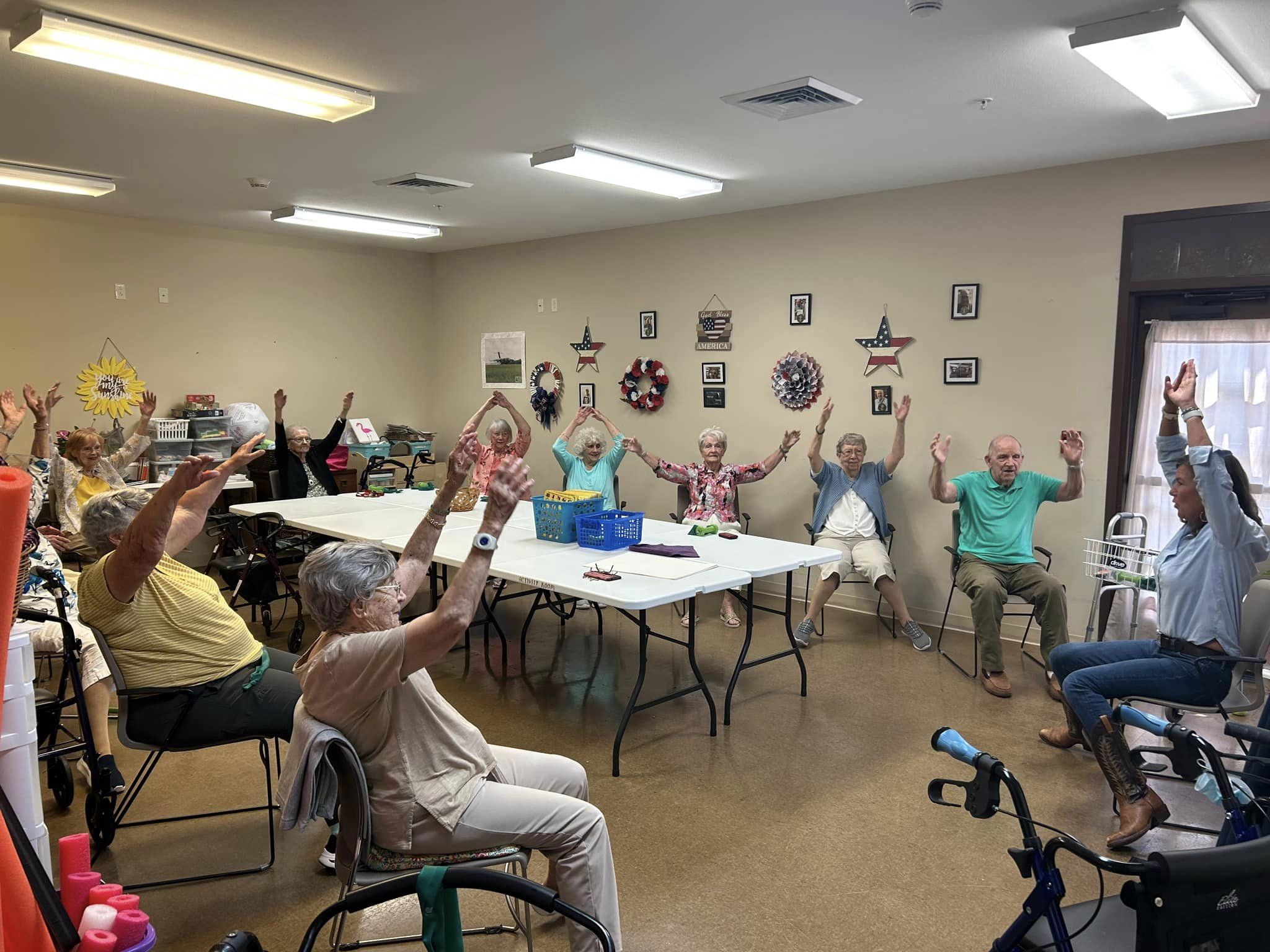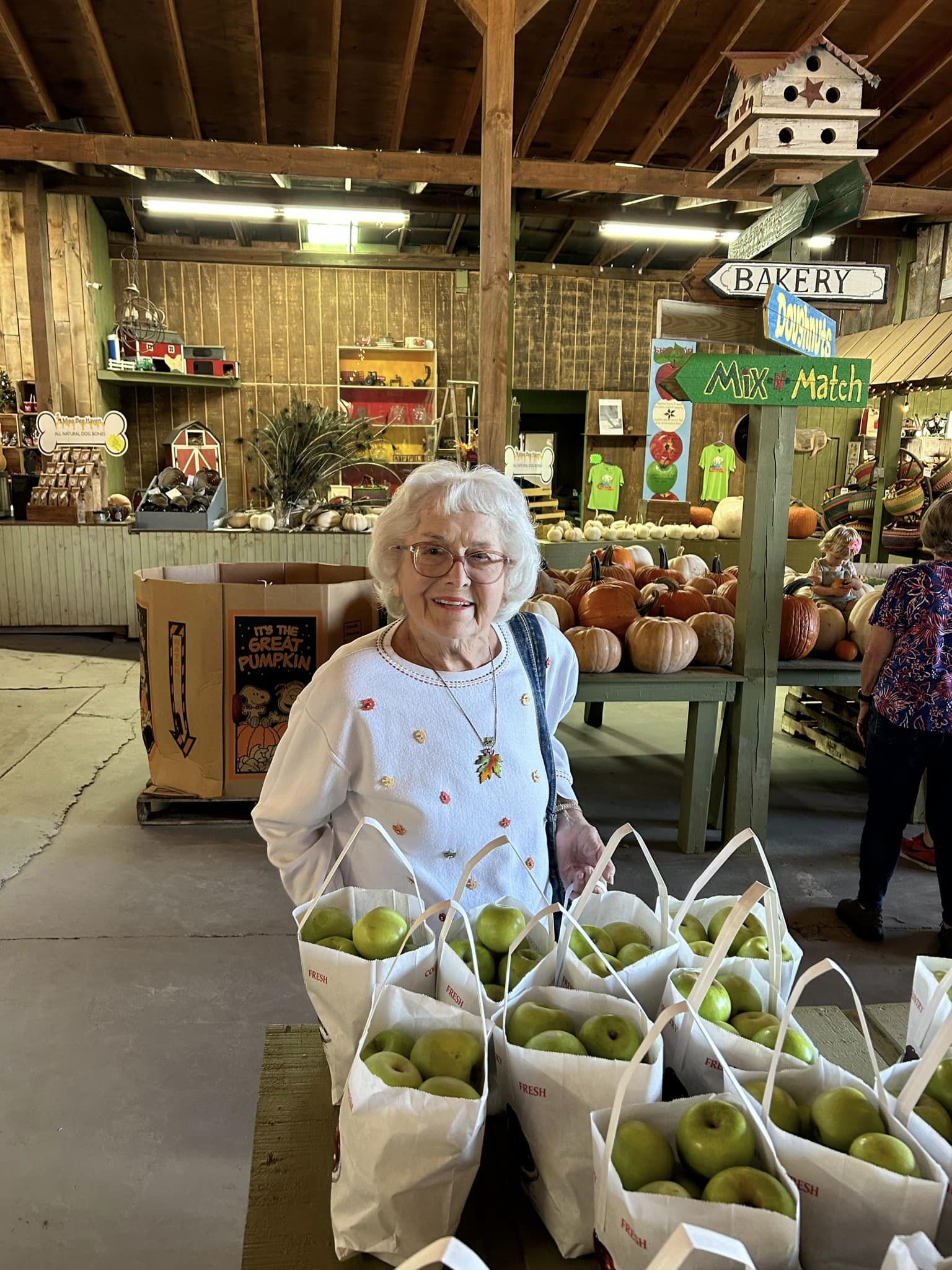As the aging population continues to grow, the concept of “Assisted Living” has become increasingly significant in the realm of senior care. Assisted living refers to a unique residential option that provides personalized support, healthcare, and a comfortable living environment for seniors who may require assistance with daily activities but still value their independence. In an ever-evolving world, where demographic shifts are reshaping our societies, understanding the importance of assisted living for seniors and their families is paramount.


According to a study conducted by the AARP (American Association of Retired Persons), the need for assisted living services is on the rise due to the aging “baby boomer” generation. The study reveals that approximately 52% of individuals aged 75 and older need some form of long-term care assistance, such as that provided by assisted living communities (AARP, “Across the States: Profiles of Long-Term Services and Supports”). This statistic underscores the critical role that assisted living plays in addressing the unique needs and challenges faced by seniors in today’s world.
For those considering options for themselves or their loved ones, the choice of assisted living presents a compelling solution. This article aims to explore the many facets of assisted living, from the services offered to the benefits experienced by residents, ultimately helping you make an informed decision for a brighter and more comfortable future.
Benefits of Assisted Living for Seniors
Improved Quality of Life:
Assisted living communities are designed to enhance the quality of life for their residents in various ways:
Personalized Care: Residents receive individualized care plans tailored to their specific needs and preferences. This ensures that they have access to the right level of assistance, whether it’s help with daily activities like dressing and bathing or managing medications.
Nutritious Dining: Assisted living facilities provide well-balanced, nutritious meals, often with a focus on dietary preferences and restrictions. Proper nutrition plays a vital role in maintaining health and overall well-being.
Safety and Security: Assisted living communities offer a secure and monitored environment, which alleviates safety concerns for residents and their families. This sense of security can significantly reduce stress and anxiety.
Healthcare Support: On-site healthcare services and regular health check-ups help residents manage chronic conditions and access medical care conveniently.
Recreational and Social Activities: Assisted living facilities offer a wide range of recreational and social activities, promoting mental and emotional well-being. These activities may include exercise classes, arts and crafts, and outings to local events.
Maintenance-Free Living: Residents no longer have to worry about household chores or maintenance tasks, allowing them to focus on enjoying life to the fullest.
By providing these key elements, assisted living enhances the overall quality of life for seniors. The personalized care and services offered in these communities make it possible for residents to maintain a sense of dignity and independence, even as they age.
Dr. Jane Stevens, a renowned expert in gerontology, notes that assisted living “enhances the quality of life by providing a supportive environment that respects the individual’s autonomy and promotes their physical and emotional well-being.”
Promoting Independence and Social Engagement:
One of the fundamental principles of assisted living is to empower seniors to lead an independent and socially engaged life:
Encouraging Autonomy: Assisted living communities strive to strike a balance between providing support and allowing residents to make choices and decisions for themselves. This autonomy boosts self-esteem and fosters a sense of control.
Social Interaction: Regular social activities, outings, and communal dining areas encourage residents to interact with their peers, reducing isolation and loneliness. These interactions contribute to improved mental health and overall well-being.
Access to Services: Assisted living residents have access to essential services and amenities, making it easier to maintain an active lifestyle, even if they have mobility or health challenges.
Family and Friend Visits: Assisted living communities are often designed to be welcoming to visitors, ensuring that seniors can maintain connections with family and friends.
Personalized Support: The level of care and assistance can be adjusted as needed, enabling seniors to maintain as much independence as possible.
Promoting independence and social engagement is a core principle of assisted living, and it’s backed by research that shows the positive impact of social interaction and autonomy on the well-being of seniors.
In the words of Dr. Sarah Miller, a gerontologist specializing in senior care, “Assisted living communities provide the ideal environment for seniors to age gracefully while maintaining their independence and staying socially active.”
This balance of independence and support is a hallmark of the assisted living approach and a significant benefit for seniors seeking a vibrant and fulfilling lifestyle as they age.

An Overview of Assisted Living Services
Assisted living represents a unique and holistic model that stands at the intersection of independent living and full-time care, offering seniors a supportive yet self-reliant lifestyle. It’s built upon the principles of respecting autonomy, providing personalized support, and creating a safe, enriching environment.
“Assisted living is about empowering seniors to age gracefully, with the necessary support tailored to their unique needs, while respecting their autonomy.” – Dr. Grace Mitchell, Gerontologist
Understanding the Assisted Living Concept
Assisted living is a holistic approach to senior care that strikes a balance between promoting independence and providing personalized support. Here, we delve into the concept from multiple perspectives:
A Home-Like Environment: Assisted living communities are designed to feel like home, where seniors can lead fulfilling lives while receiving the necessary assistance.
Respecting Autonomy: Residents are encouraged to make choices and decisions for themselves, fostering self-esteem and a sense of control over their lives.
Health and Wellness Focus: These communities offer 24/7 access to healthcare services, ensuring that residents can address medical needs conveniently.
Social Engagement: Regular activities and communal spaces encourage interaction among residents, reducing feelings of isolation and promoting emotional well-being.
Safety and Security: Emergency response systems and round-the-clock staff availability provide residents and their families with peace of mind.
Nutrition and Dietary Considerations: Nutritious, well-balanced meals are provided, taking into account residents’ dietary preferences and restrictions, contributing to overall health.
Maintenance-Free Living: Seniors no longer have to worry about household chores, allowing them to focus on enjoying life to the fullest.
These aspects collectively contribute to the essence of assisted living, where quality of life and well-being are paramount.
The Benefits of Tailored Support
The significance of personalized support in an assisted living community cannot be overstated. Here’s why it matters:
Improved Quality of Life: Personalized care plans ensure that residents receive the exact level of support they require, enhancing their overall quality of life.
Safety and Peace of Mind: Safety measures and security features relieve concerns about well-being, both for residents and their families.
Social Engagement and Independence: Autonomy and social interaction are encouraged, promoting mental and emotional well-being.
Healthcare Convenience: On-site healthcare services and medication management make it easy for residents to access medical care.
Nutritional Health: Well-balanced, nutritious meals are provided, aligning with dietary preferences and restrictions for residents.
Freedom from Chores: The community handles household tasks, enabling seniors to focus on enjoying life without the hassles of upkeep.
These benefits culminate in a holistic and supportive environment that allows seniors to thrive and make the most of their golden years.
“Personalized support is the cornerstone of assisted living, a concept designed to enrich seniors’ lives by promoting their autonomy, safety, and well-being.” – Dr. Thomas Richardson, Senior Care Specialist.
Promoting Independence and Social Connection
Assisted living communities are designed with a unique focus on promoting independence and fostering a strong sense of community among their residents. In this section, we’ll delve into these two key aspects in detail:
Encouraging Autonomy for Seniors
Respect for Individual Choices: One of the hallmarks of assisted living is the profound respect for residents’ individual choices and preferences. Whether it’s choosing daily activities, mealtimes, or personal routines, seniors are encouraged to take charge of their lives. This not only promotes their self-esteem but also empowers them to live on their terms.
Balancing Assistance and Autonomy: Assisted living communities strike a careful balance between offering support and respecting residents’ autonomy. This approach allows seniors to maintain a sense of control over their lives while knowing that assistance is readily available when needed.
Personalized Care Plans: Each resident receives an individualized care plan, tailored to their unique needs and preferences. This ensures that they receive the right level of support, whether it’s help with daily activities or managing healthcare needs.
Fostering a Sense of Community
Social Engagement: Assisted living communities provide a rich array of activities and communal spaces to encourage social interaction. Regular group activities, outings, and communal dining areas create opportunities for residents to connect with their peers, reducing feelings of isolation.
Building Relationships: The environment in these communities is designed to foster the development of meaningful relationships. Seniors often form strong bonds with their fellow residents, and many find new friends with shared interests and life experiences.
Family Involvement: Assisted living communities often have open-door policies, welcoming family members to visit and participate in various activities. This involvement strengthens the sense of community and provides valuable opportunities for intergenerational connections.
Sense of Belonging: The community atmosphere in assisted living often provides seniors with a sense of belonging and purpose. They feel part of a larger family and engage in activities that enrich their emotional well-being.
“Assisted living is more than just a place to reside; it’s a community where seniors are encouraged to maintain their independence, pursue their interests, and build meaningful connections with others.” – Dr. Susan Reynolds, Social Gerontologist.
The balance between promoting independence and fostering a sense of community is a core principle of assisted living, ensuring that seniors not only receive the care they need but also enjoy a vibrant, social, and fulfilling lifestyle.
Dining and Nutrition
One of the essential aspects of life in an assisted living community like Spring Park is the dining and nutrition program, ensuring residents receive the utmost care in their dietary needs.
Nutritious Meals with Dietary Considerations
A Focus on Well-Being: The community places a strong emphasis on residents’ well-being by providing nutritious, well-balanced meals. Every meal is designed to nourish and delight, taking into account dietary considerations and restrictions.
Customized Dining Plans: Residents’ dietary preferences and restrictions are taken into careful consideration when planning meals. Whether it’s diabetic choices, high-calorie options, or low-sodium selections, the community’s dining program offers a wide variety of choices to cater to individual needs.
Healthy and Delicious Choices: Spring Park takes great care in selecting seasonal, fresh ingredients, creating a menu of healthy, delicious, and fulfilling meals. These meals are not only nutritious but also a delight for the taste buds.
Freedom Dining
Versatile Dining Locations: The community offers a beautiful dining room, as well as a private dining room for residents to use. Furthermore, residents have the flexibility to enjoy their meals in the privacy of their rooms if they prefer.
Sharing Favorite Recipes: The dining program is designed to foster a sense of family and community. Residents are invited to submit their favorite recipes each month, encouraging shared culinary experiences.
Diverse Dining Options: Spring Park’s dining services encompass full-service waitstaff, private dining options, and room service. Menus are curated based on residents’ interests and incorporate seasonal updates.
Special Theme Events: The community hosts theme dinners, parties, and events to create a vibrant social atmosphere around dining. These gatherings not only satisfy culinary cravings but also provide opportunities for fellowship and camaraderie.
“I have lived at Spring Park since 2015. The caregivers are always good to me, and the food is delicious. I enjoy Bingo, all of the music programs, shopping, going on joyrides, out to eat, and attending all the parties. I would recommend this place to everybody!!” – Lucille (resident)
By offering diverse dining choices and ensuring that each resident’s dietary needs are met, Spring Park fosters an environment where every meal is an opportunity for well-being, social connection, and culinary delight.


Engaging Recreational Activities
At Spring Park, engagement is at the heart of the assisted living experience, with a wide range of recreational activities to cater to social, physical, and emotional needs.
Social Events and Outings
Community-Building: The community hosts regular social events that encourage residents and their families to get involved. These gatherings serve as a platform for building connections, fostering friendships, and creating a sense of belonging.
Outings: Outings to local events and attractions offer opportunities for residents to explore their surroundings and remain connected to the wider community. It’s not just about the convenience of assistance but the joy of shared experiences.
Understanding the Journey: By participating in social events and outings, residents interact with others who understand their current journey, which can be particularly comforting and therapeutic.
Mental and Emotional Well-Being through Activities
Brain Fitness: The community recognizes the importance of mental health and offers brain fitness and memory enhancement programming. These activities keep residents mentally sharp and engaged.
Emotional Well-Being: Engagement in various activities provides emotional support, helping residents to maintain a positive outlook and mental well-being. The social connections forged during these activities contribute to a fulfilling and emotionally rich lifestyle.
Maintenance-Free Living
In addition to fostering engagement and recreation, Spring Park provides maintenance-free living to enhance residents’ quality of life.
Relieving Seniors from Household Chores
Housekeeping: Tasks that are often burdensome, such as housekeeping and laundry, are taken care of by the community. This enables seniors to enjoy a tidy and comfortable living space without the stress of daily chores.
Meals and More: Alongside housekeeping, residents can savor three chef-inspired meals plus snacks daily, relieving them from meal preparation and planning.
Focusing on Enjoying Life to the Fullest
Promoting Independence: The primary goal at Spring Park is to enable residents to maintain their independence and continue pursuing a life filled with joy and meaning.
Engaging Activities: Residents can choose to participate in engaging activities, outings, and events while receiving as little or as much care as needed. This flexible approach allows for a life rich in experiences.
Secure Environment: Assisted living communities like Spring Park are designed to accommodate residents’ changing needs and preferences as they age, offering a secure environment that adapts to individual requirements.
In essence, Spring Park’s commitment to engaging recreational activities, maintenance-free living, and a focus on well-being contributes to an enriched, fulfilling lifestyle for residents, providing support where needed while promoting independence and social connection.
So, don’t wait any longer – schedule your tour today. You’ll soon find yourself wondering why it took you so long to choose us as your new home.




